Bangladesh Resources
Pull down to filter search from all of this country’s resources.
Pull down to filter search from all of this country’s resources.
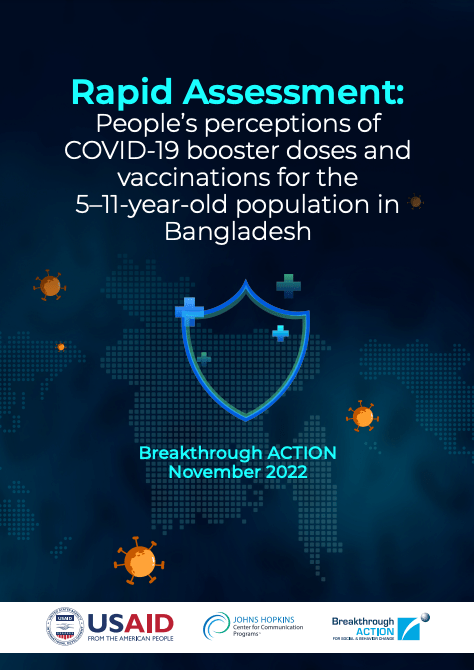
Breakthrough ACTION conducted a rapid assessment in November 2022, to explore people’s perceptions about the booster doses of COVID-19 vaccines and vaccination for 5-11-year-old children in Bangladesh. The findings from the assessment informed the designing of activities for vaccine communication under CN-18.
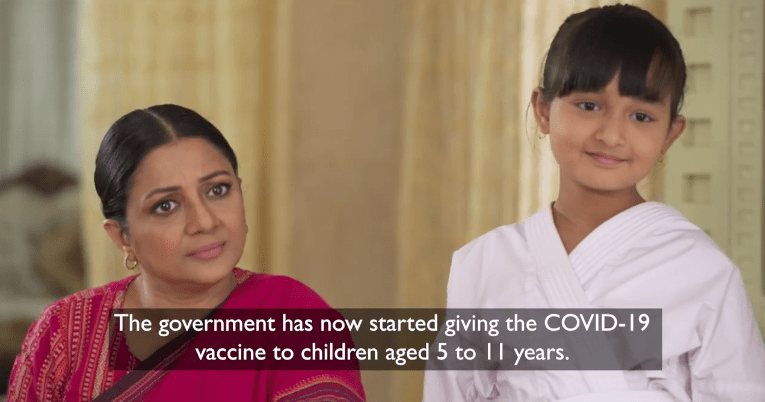
This public service announcement focuses on informing parents about the vaccination campaign for 5-11 years old children in Bangladesh and how they can register their children for vaccination.
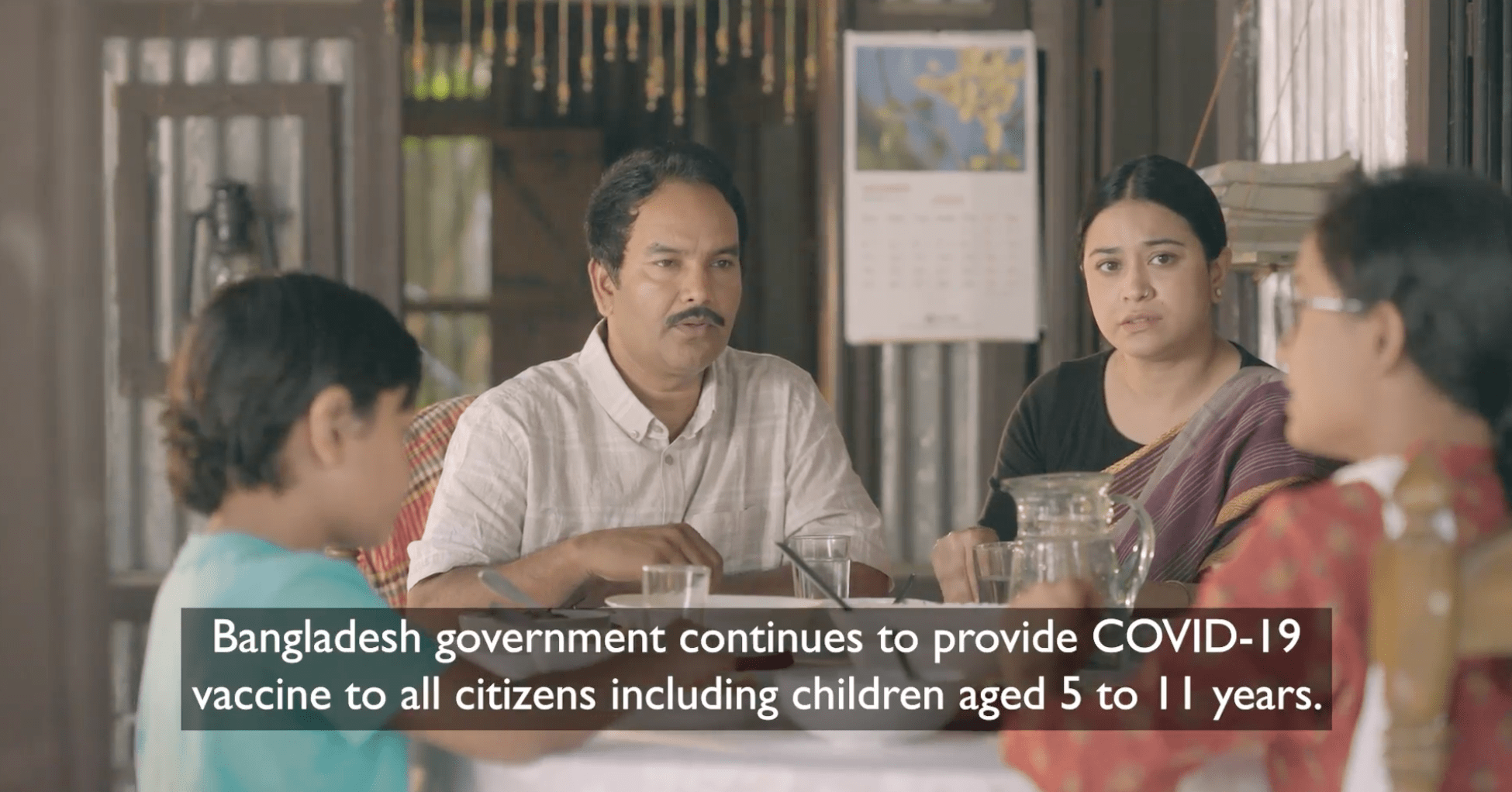
This public service announcement focuses on the three things parents should know about regarding the COVID-19 vaccination for children.
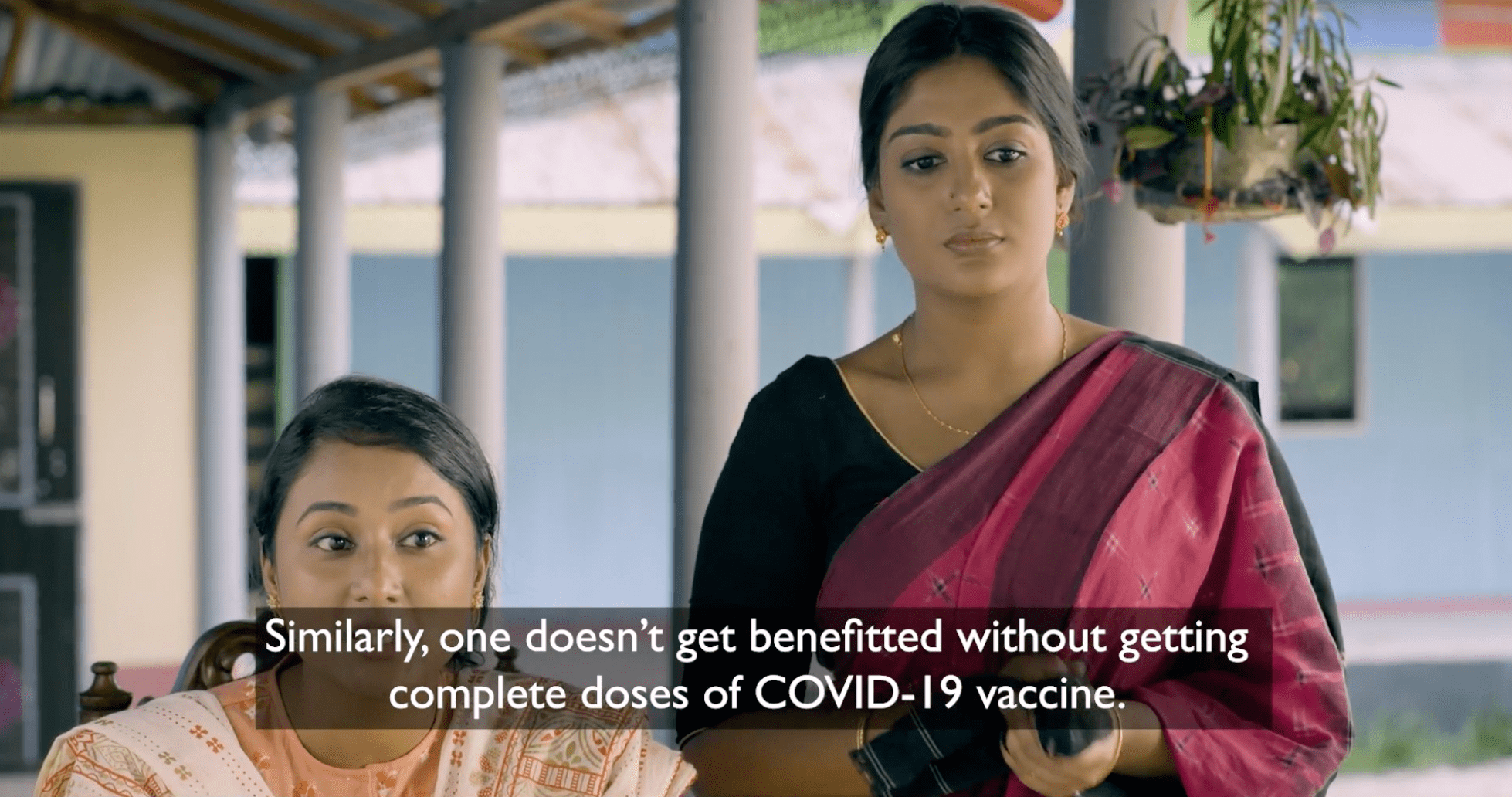
This public service announcement highlights the importance of staying up-to-date with COVID-19 vaccines, including boosters, to bolster waning immunity and reap the full benefits of vaccines.
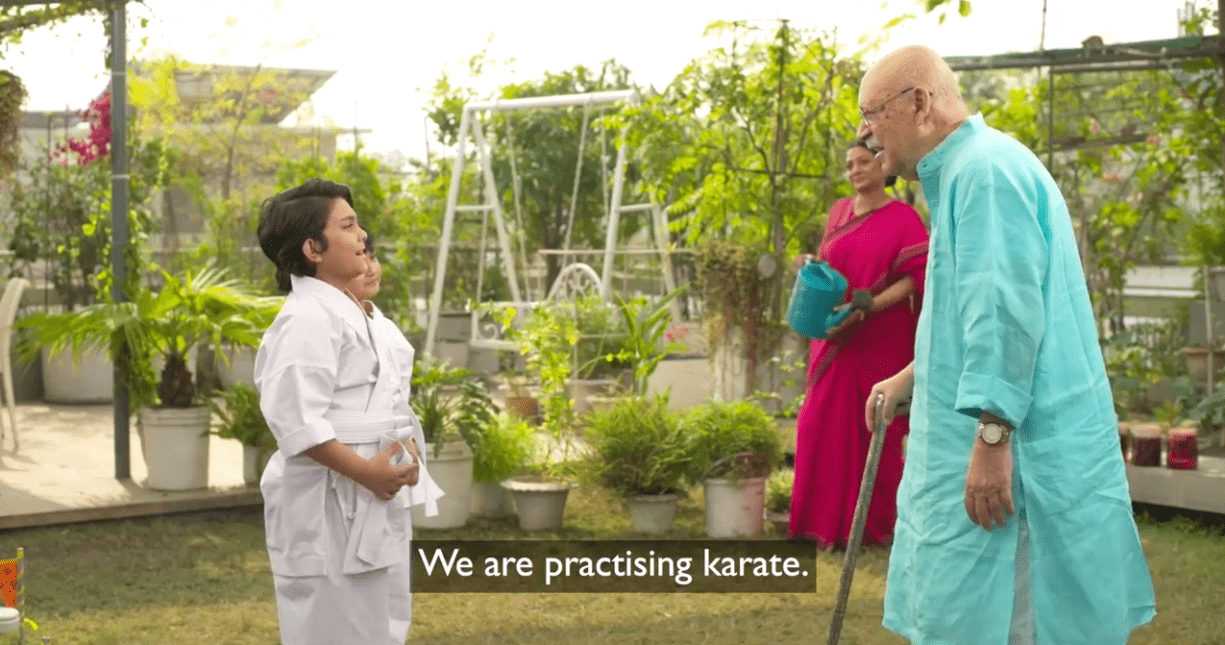
This public service announcement raises awareness about the ongoing vaccination campaign for 5-11 years old children in Bangladesh.

The Standard Operating Procedure (SOP) has been developed by Breakthrough ACTION to ensure a standardized service mechanism/protocol for the service providers at the Mental Health & Psychosocial Support (MHPSS) helplines, call centers, and telepsychology centers throughout the country.
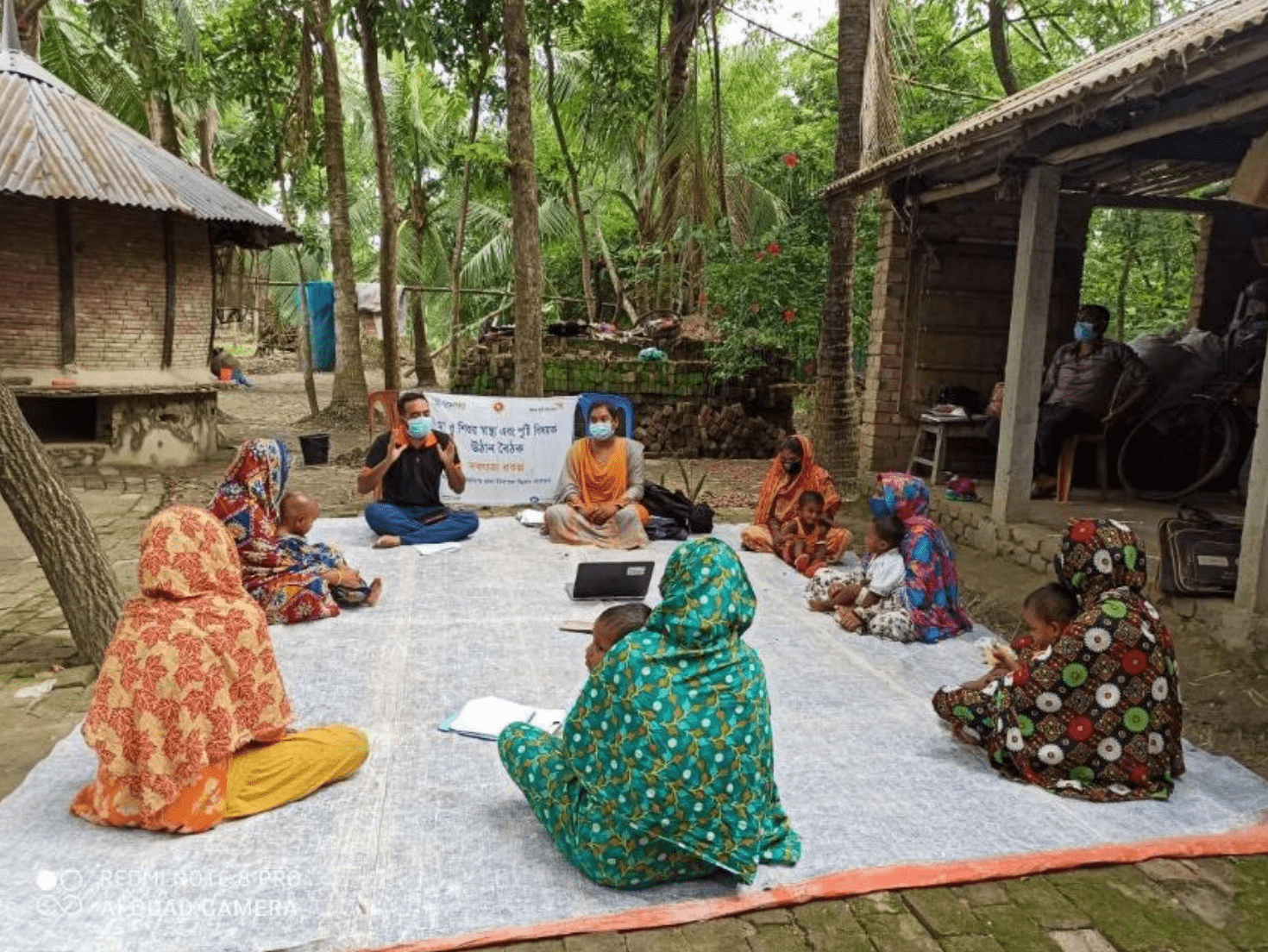
Since the beginning of the COVID-19 pandemic, USAID’s Nobo Jatra project has shifted gears to digital SBC sessions that relied on the use of laptops, tablets, smart phones, speakers and internet to implement multiple sessions simultaneously across the project areas. Physical attendance at each session was scaled back and instead the number of sessions were increased. By harmonizing plans, technologies and expertise, the efficacy of SBC sessions was strengthened and importantly, lifesaving messages on health, hygiene, Gender Based Violence and COVID-19 have continued to reach the poorest communities.
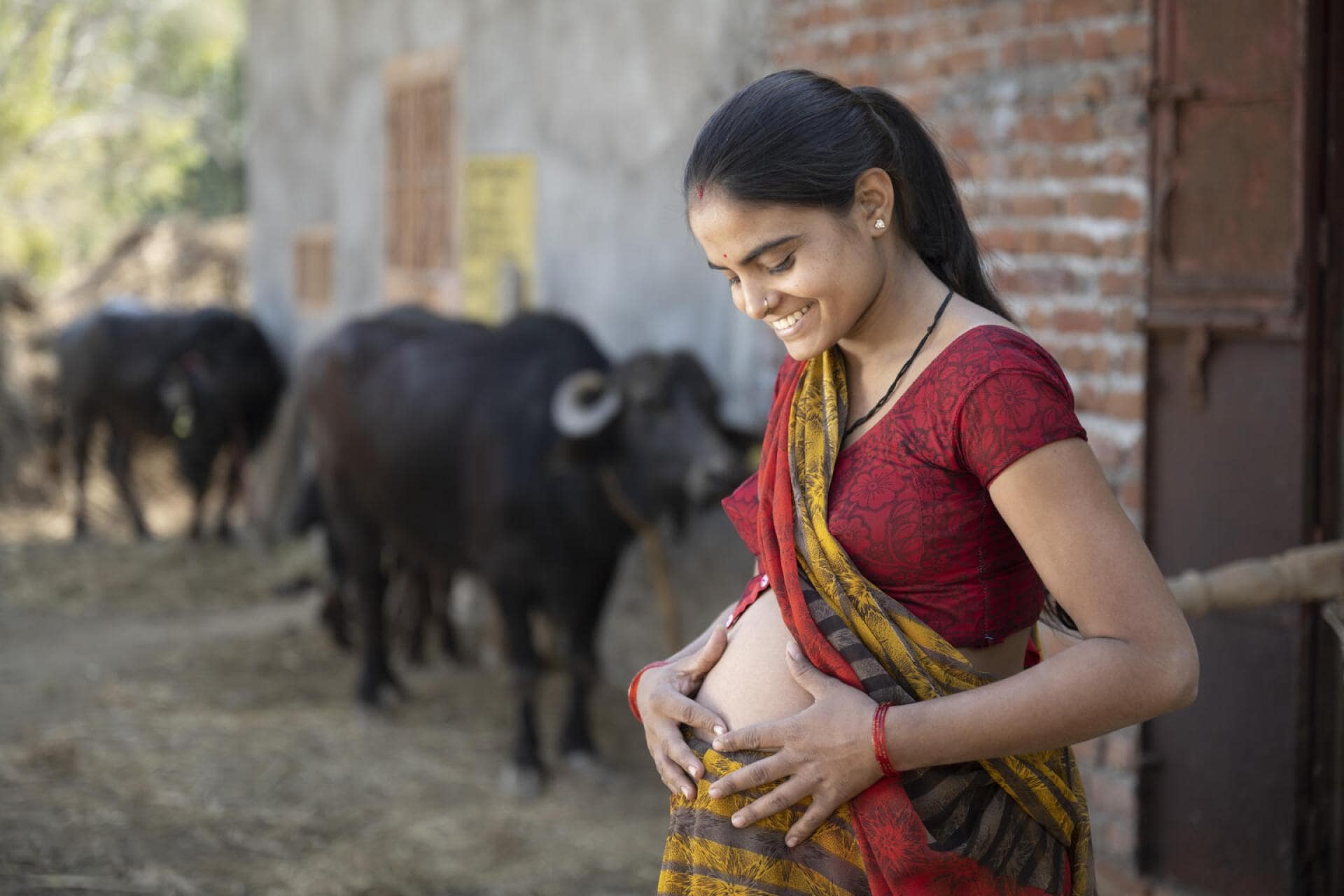
With the COVID-19 pandemic entering its fourth year, we asked UNICEF health experts to explain what we now know about the best ways for pregnant women to protect themselves and their babies.
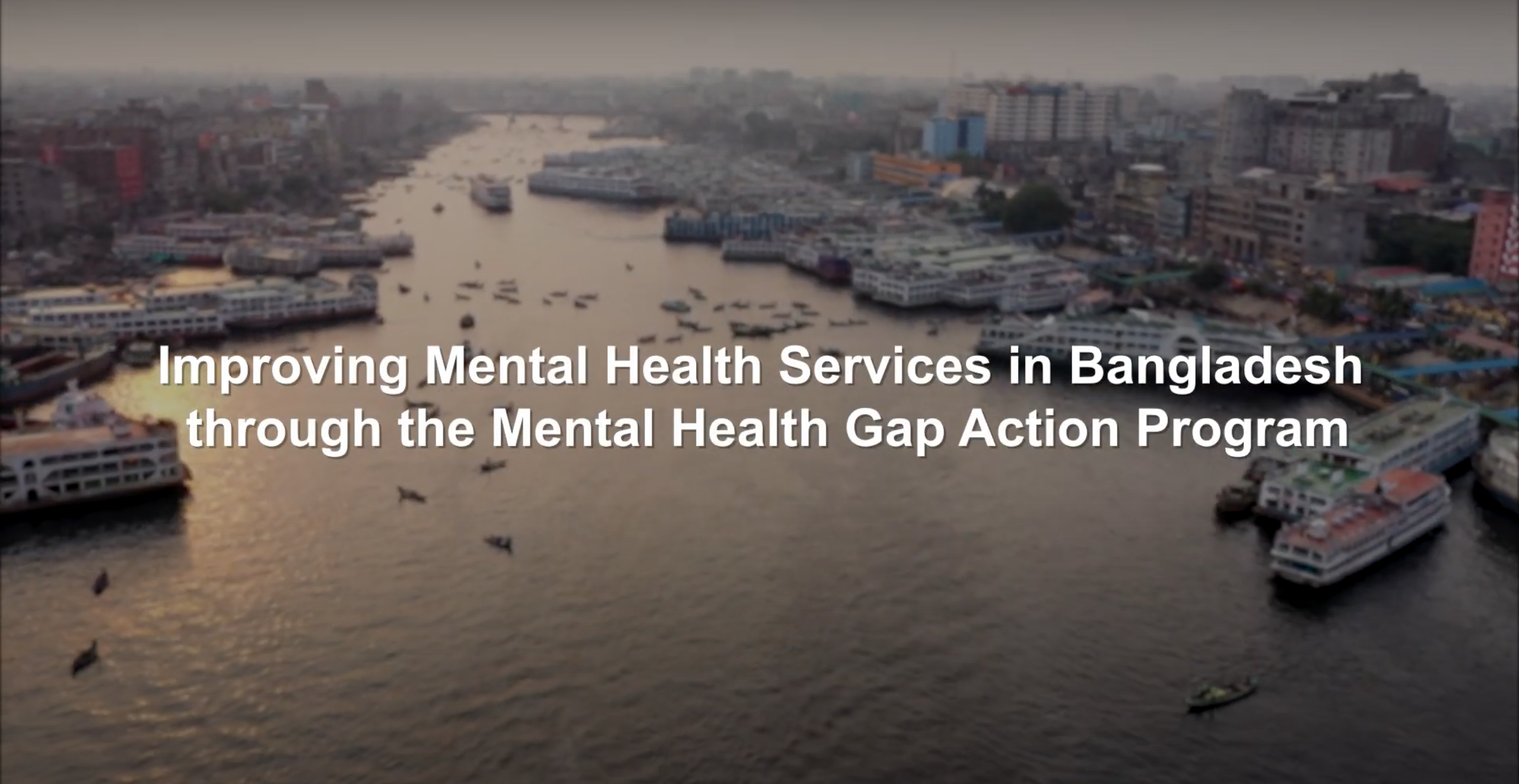
To address the widening gap between mental health needs and the availability of mental health care professionals, Dr. Helal Uddin Ahmed, Assistant Professor of Child Adolescent and Family Psychiatry, National Institute of Mental Health worked with Breakthrough ACTION to develop a standard operating procedure for mental health and psychological support call centers.
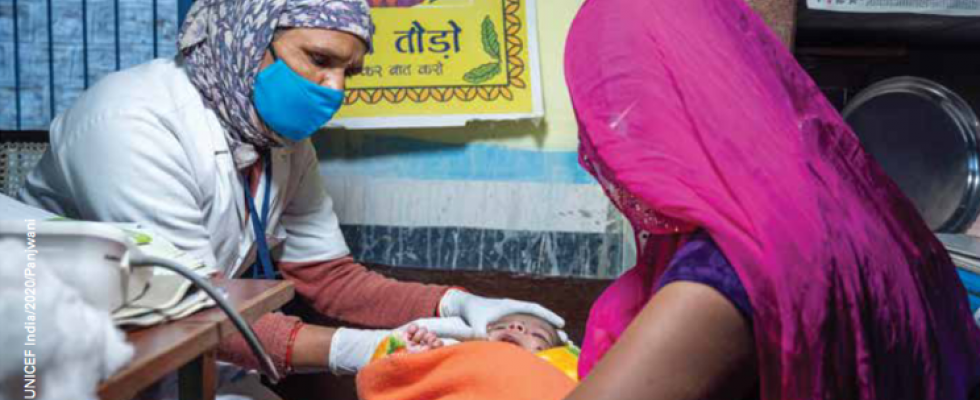
The methodology for this report included a literature review of available documentation and research, key informant interviews, and focus group discussions with UNICEF country and regional offices and partners. The process led to a series of six case studies, which describe predominantly positive campaign experiences, documenting lessons and good practices that can inform future immunisation programmes carried out during COVID-19 or similar circumstances.
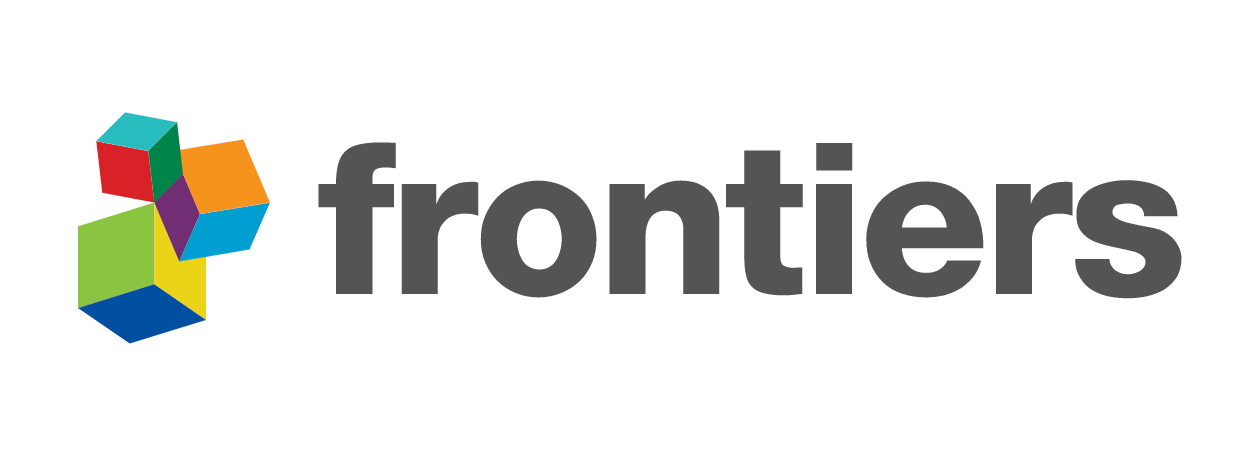
Frontiers in Communication conducted a qualitative study among 37 women across Bangladesh that presents the risk communication factors related to social and financial challenges. It reveals that the majority of the urban communities lack communication with local authorities, where urban low-income communities are the worst sufferers. Due to that, the majority of the urban participants could not get financial support, whereas the rural participants received such support for having communications with local authorities during the COVID-19 pandemic.
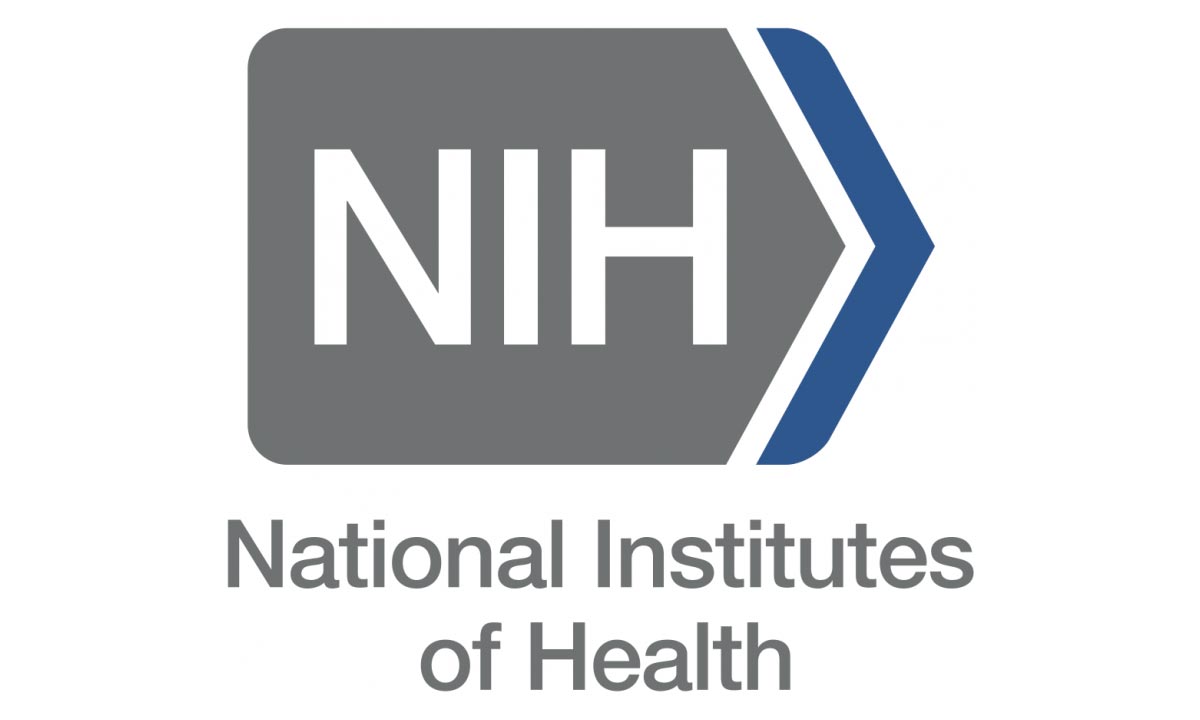
This exploratory study wants to understand the communication climate of Facebook on the COVID-19 vaccine issue, including the nature of dominant content and users’ engagement patterns with them.

This study aims to investigate COVID-19 vaccine acceptance intention and to identify the potential factors influencing vaccine acceptance and hesitancy among the rural community in Bangladesh.
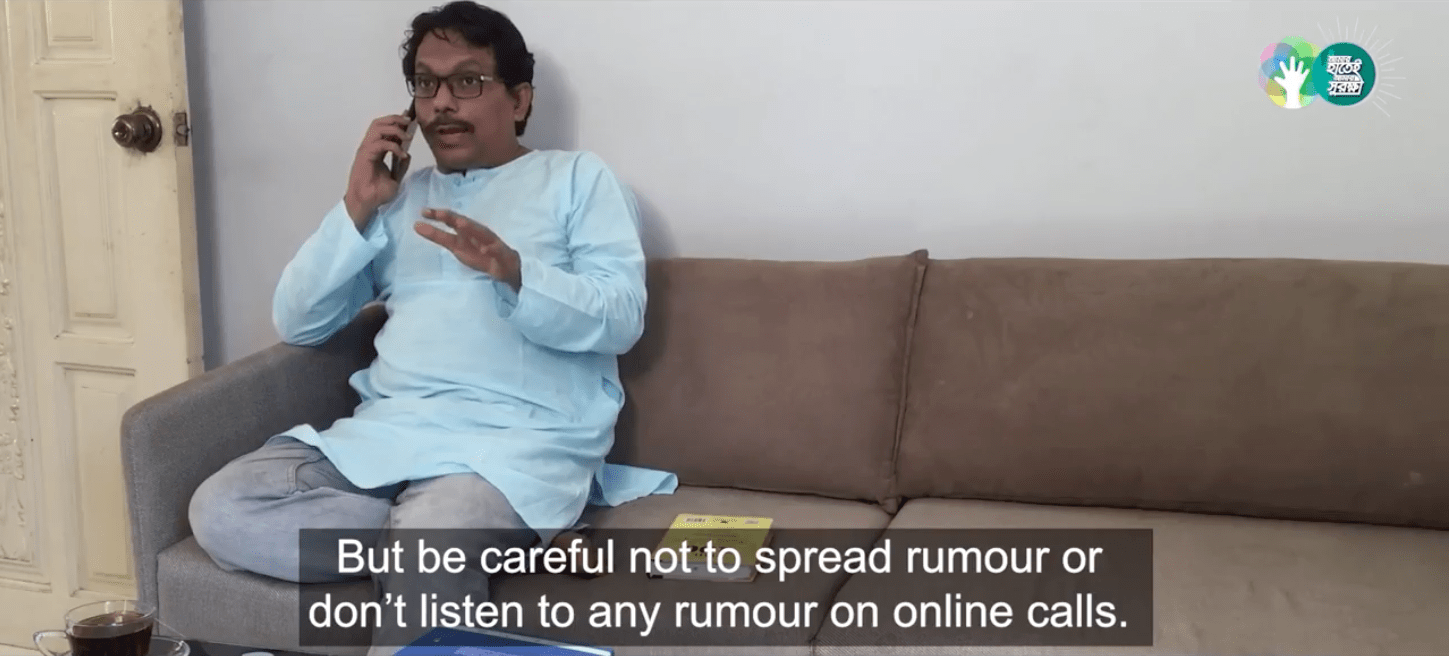
If someone is infected with the coronavirus, there is no reason to panic. Maintain social distance, wash your hands repeatedly with soap, wear your mask properly and don’t listen to rumors.
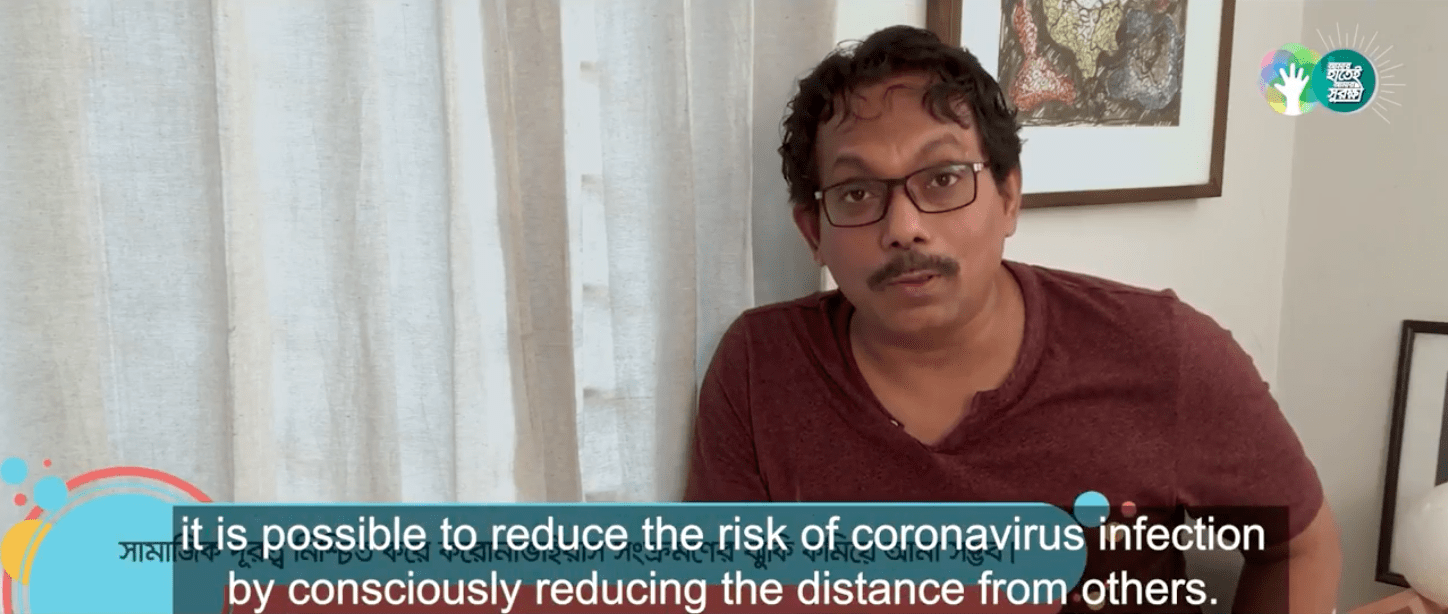
If you go outside, maintain social distance, wash your hands repeatedly with soap, wear your mask properly, and don’t listen to rumors.
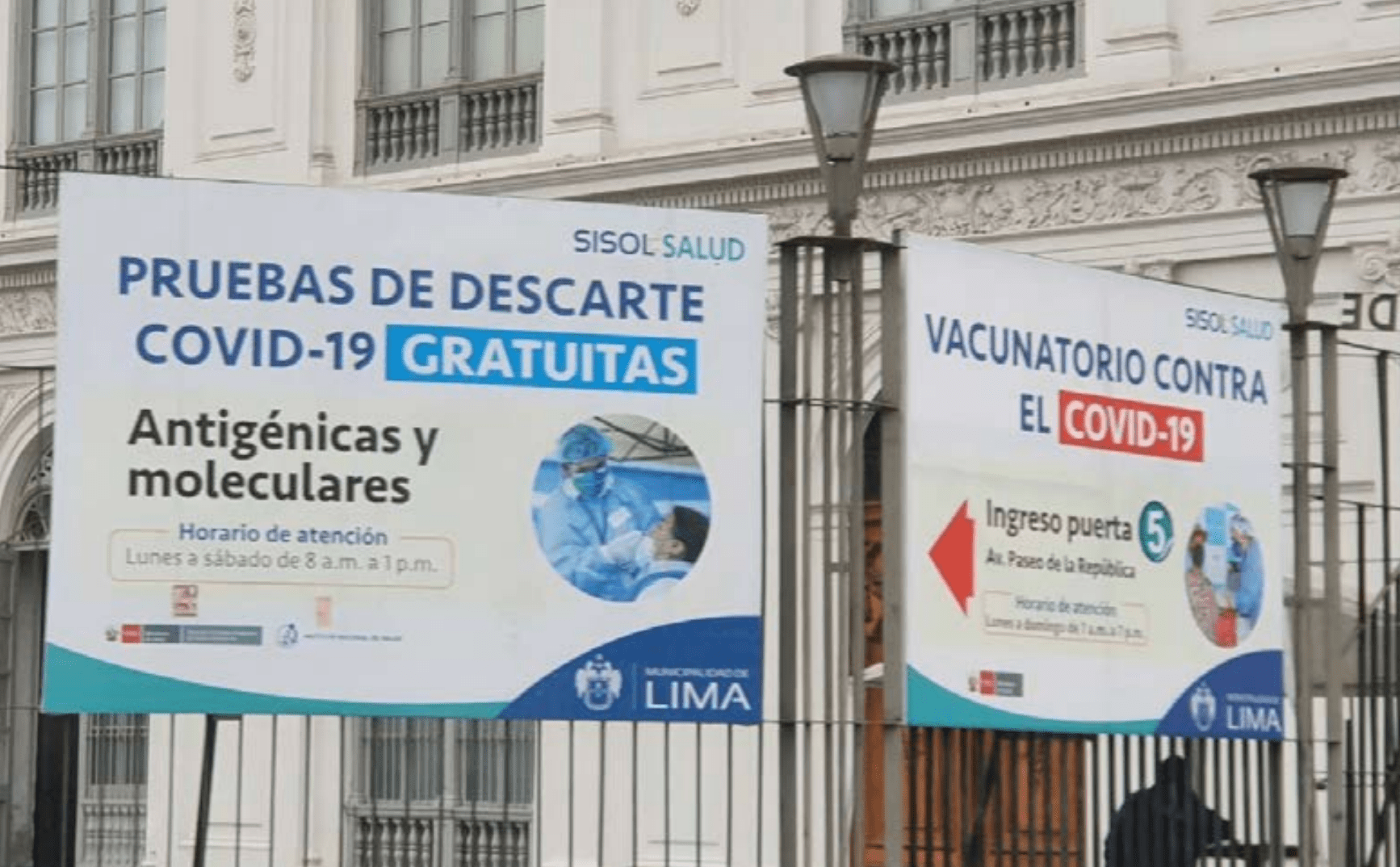
This report, created by Matahari Global Solutions and other partners, explains the results of access gaps in COVID-19 testing and vaccines in 14 countries and territories. Some of the countries and territories include: Bangladesh, DRC, Jamaica, Haiti, Peru, Senegal, and Somalia.
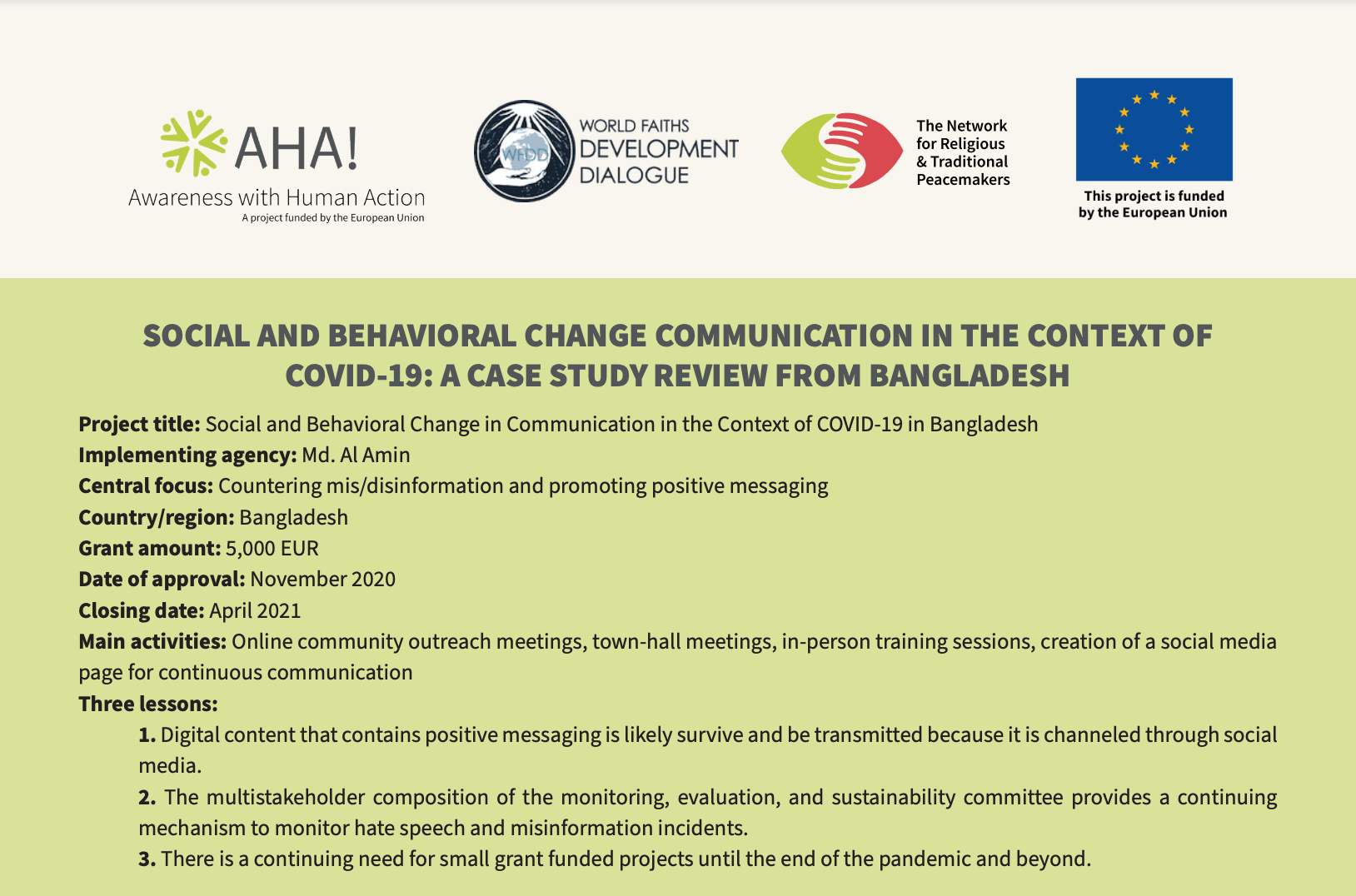
The AHA! Project (supported by the European Union) has directed 50 small grants in South Asia to groups that aim to address these facets of the COVID-19 crisis. The case review series draws primarily on this experience, with the goal both to provide narratives to help in understanding diverse situations and to explore the experience through several programs supported by AHA! Project grants. The current review highlights a comprehensive approach to raise awareness, primarily among faith and community leaders in Bangladesh, through digital and social media-based social and behavioral change communication strategies.
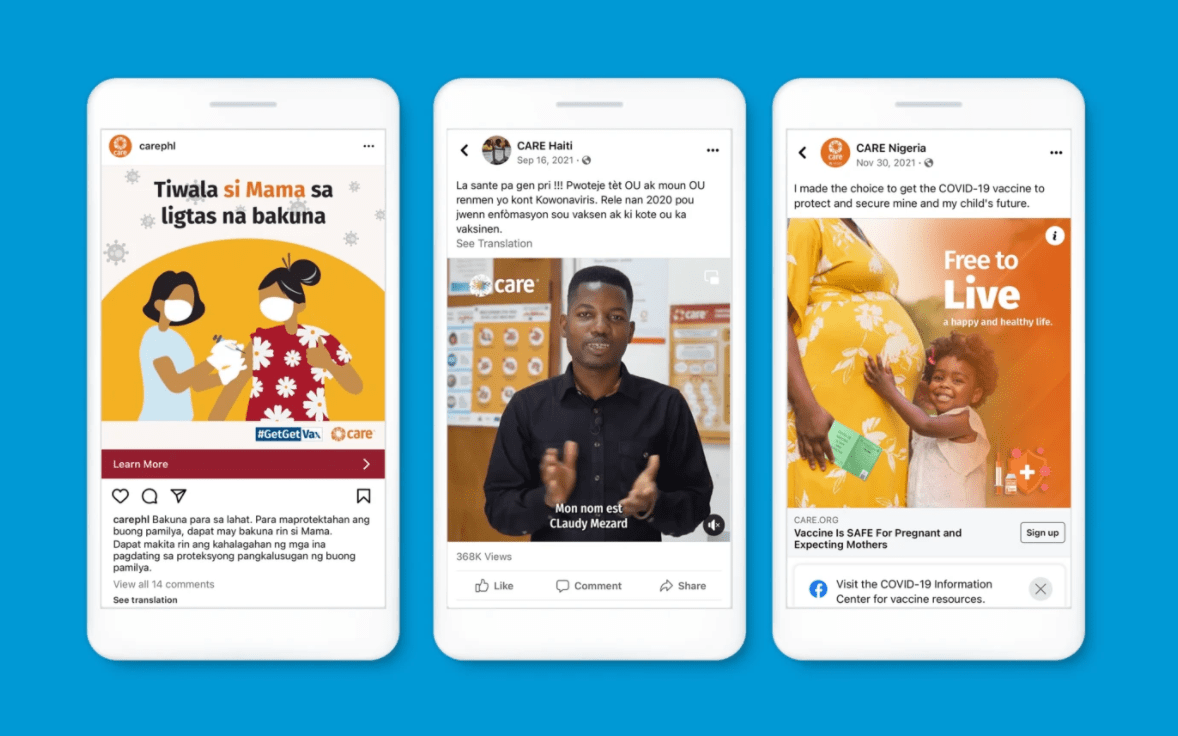
Throughout 2021, CARE launched 45 locally-led campaigns in 20 countries applying lessons learned during an eight-week training series with Meta. In the second half of 2021, participating countries built on their learnings from their first campaigns and attempted to answer new questions that arose all while creating culturally appropriate messaging to encourage the adoption of preventative behaviors and/or to build trust in the vaccine, even if it wasn’t yet available.
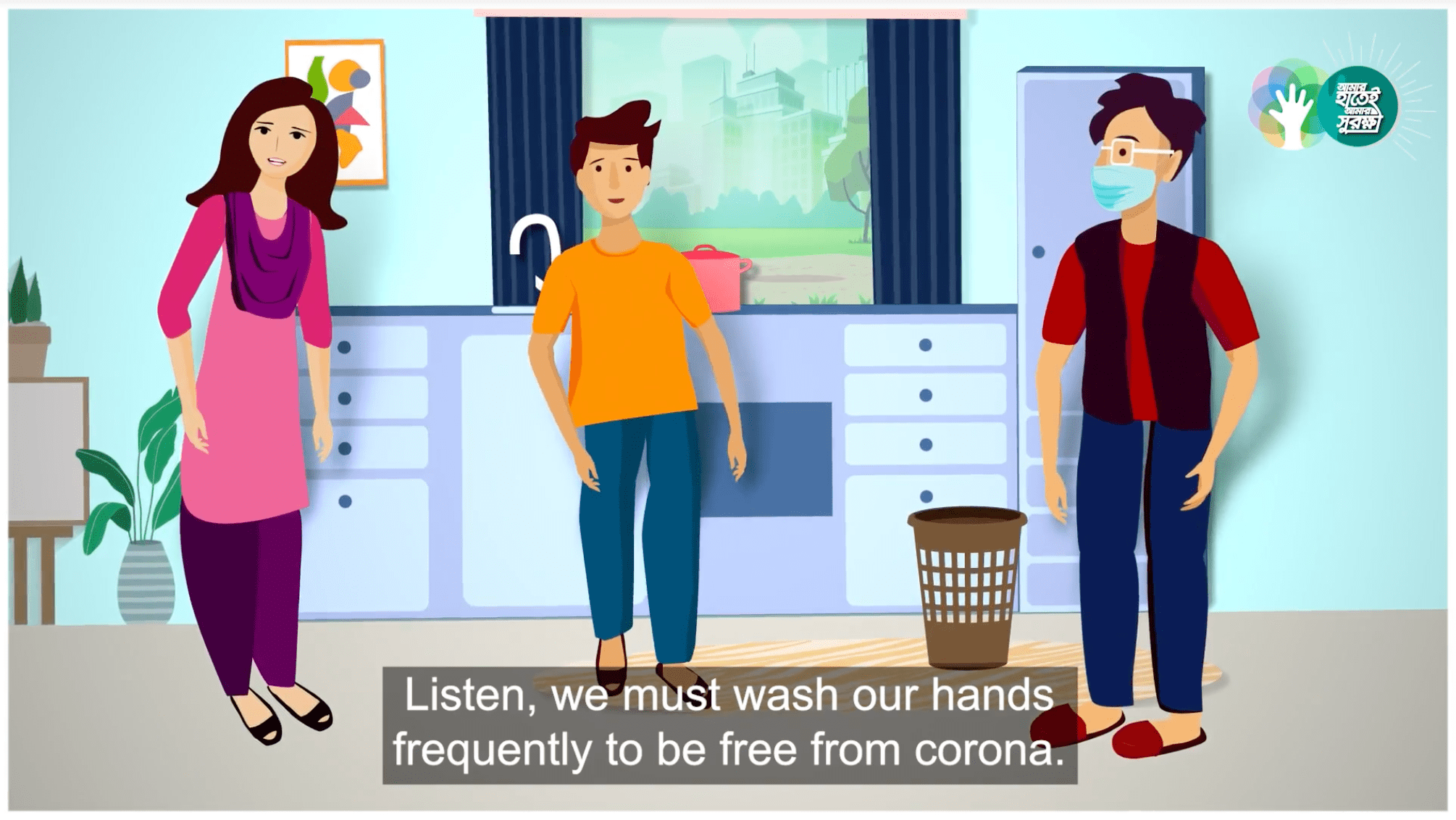
To stay away from coronavirus, you have to wash your hands repeatedly with soap and water.
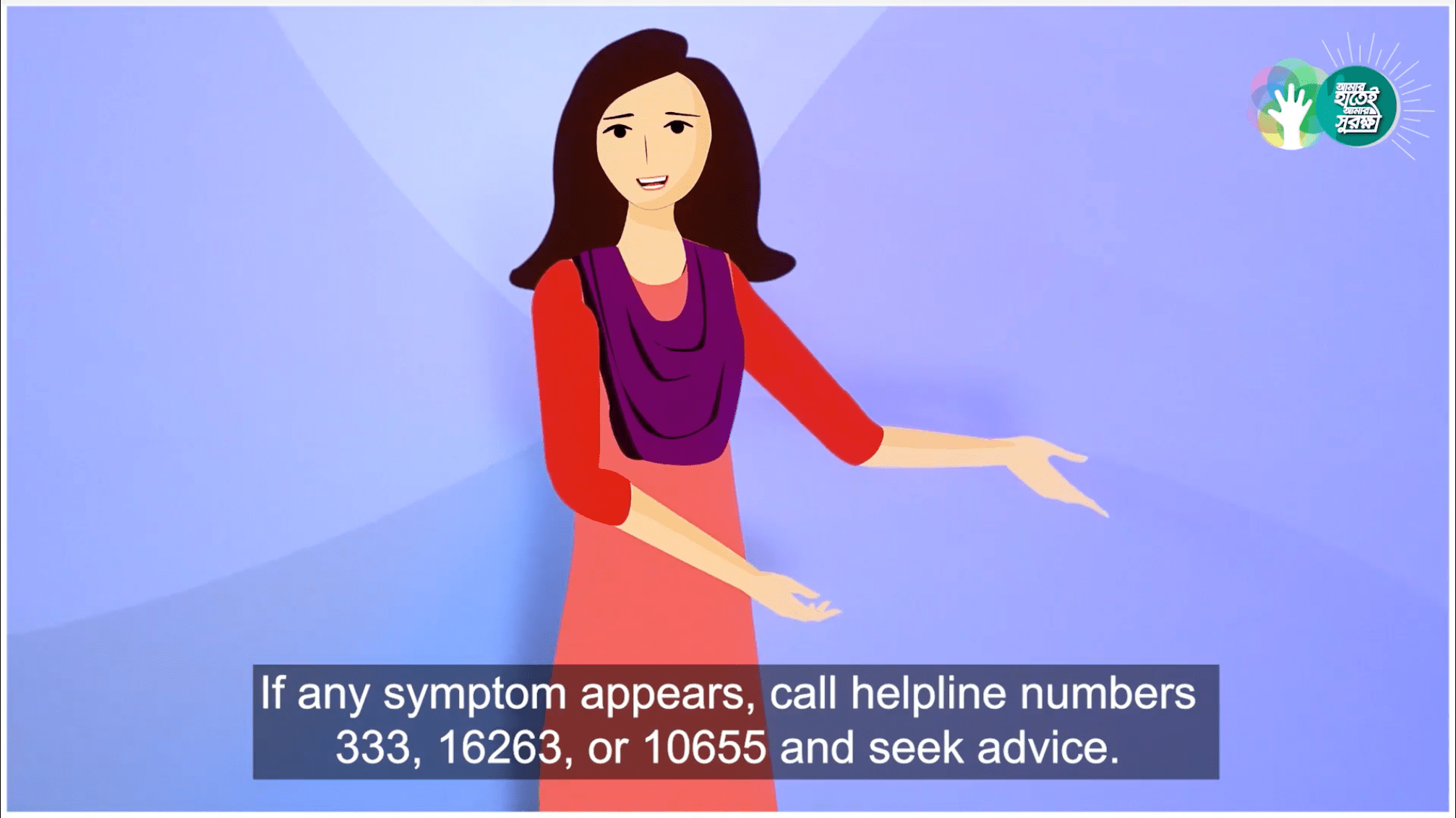
If you live in Bangladesh and have any symptoms of coronavirus, call helpline numbers 333, 16263, or 10655 and seek advice.
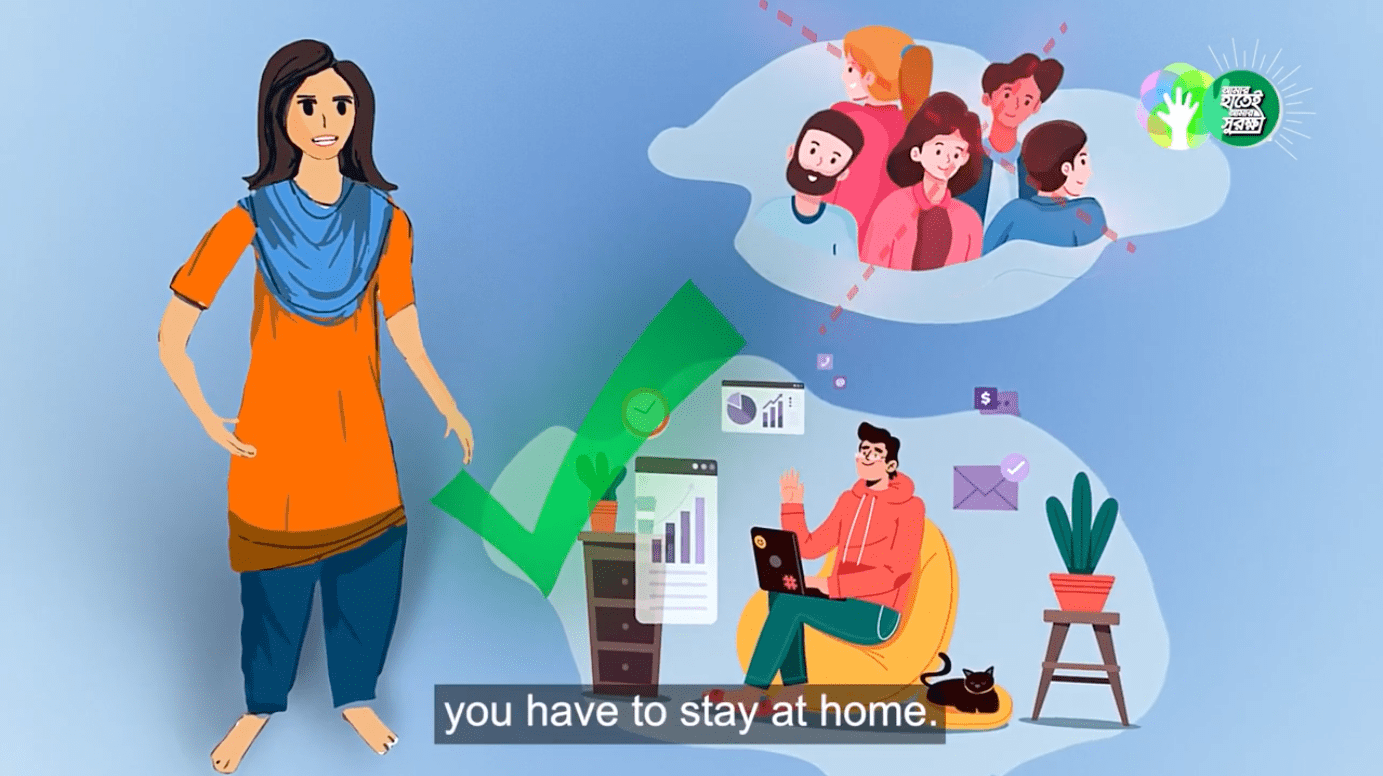
This video is about to stay at home and be aware, be free of the corona virus during lockdown.
Get the latest updates of uploaded resources of this country.